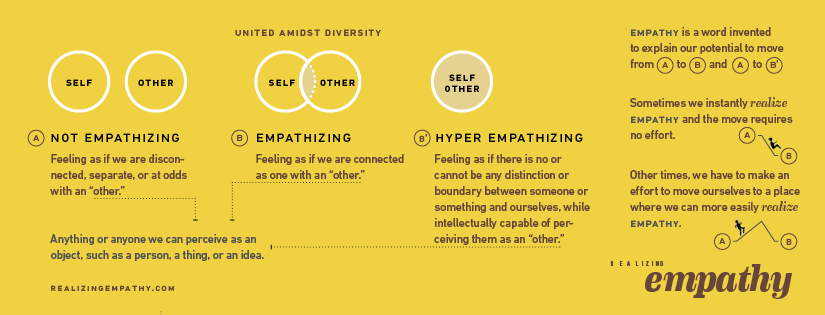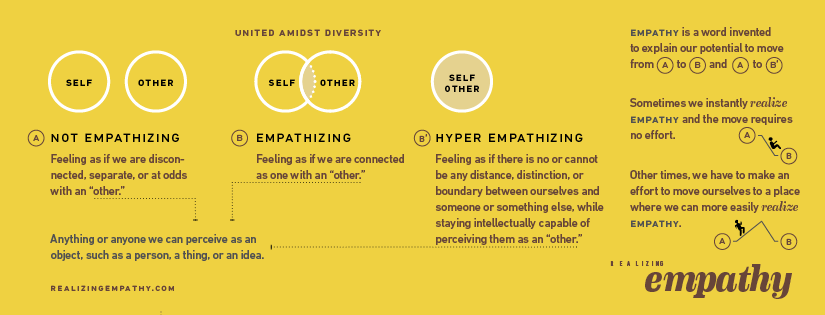At our first session,
she would habitually use the word
“strong”
to refer to herself.
“To be strong,”
she said,
“I should
Stop worrying and,
instead,
Focus on problem solving.
I should
Stop blaming my employees and,
instead,
Blame myself.”
On the surface,
these sounded wonderful,
virtuous, even.
But after a month
of realizing empathy
with herself,
she discovered that
by “strong”
all she meant was
“numb to pain & discomfort.”
…
There’s a world of difference
between following advice
and realizing for one’s self
through a journey
of maturation.
A journey through which we learn
new
or unexpected
choices.
Without the journey,
“stop worrying,”
can merely mean
“repress stress & anxiety.”
“Focus on problem solving,”
can merely mean
“focus on eliminating fear & concern.”
“Blame myself,”
can merely mean
“lead with unconscious shame.”
…
To frame these phenomena
as someone’s “fault”
prevents
a deeper exploration.
More valuable
would be to recognize what happens
when we lack
a sense of choice
or proper support.

